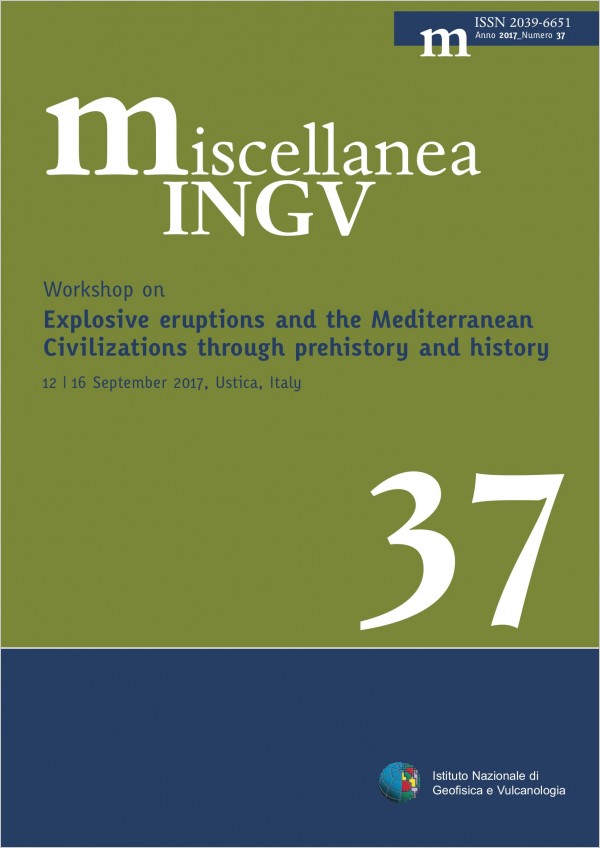Since the origin of humanity volcanism and human life have been strictly linked to each other. Despite the
hazards posed by volcanoes, humans have always found good reasons for settlement and development
around them, mostly in temperate zones, because of high soil fertility or for the presence of ore deposits and
the abundance of volcanic rocks that are good building materials.
Evidence from archaeological excavations demonstrates that volcanic and related phenomena often have
strongly conditioned human life, causing environmental changes, forcing people to abandon their
settlements, and preparing the conditions for later recolonization and soil exploitation during phases of
quiescence.
The Mediterranean region is one of the most impressive examples of this interaction, where the development
of civilization has been repeatedly boosted and hindered.
More recently, as demonstrated by the 2010 Eyjafjallajökull eruption (Iceland), the impact of even moderatescale
eruptions is amplified by the increasing vulnerability of modern society related to growing population,
rising standard of living, settlement and industrialization of very exposed regions, and complex
interdependencies in commerce, including transport and trade systems at a global scale.
The main goal of this workshop is to promote cultural exchange and interaction among diverse disciplines,
so as to enhance our knowledge of the relationships between volcanism, environment and human
communities, and exhibit and spreading the best practice of scientific culture dissemination about explosive
volcanism.
Pubblicato: 28-09-2021

